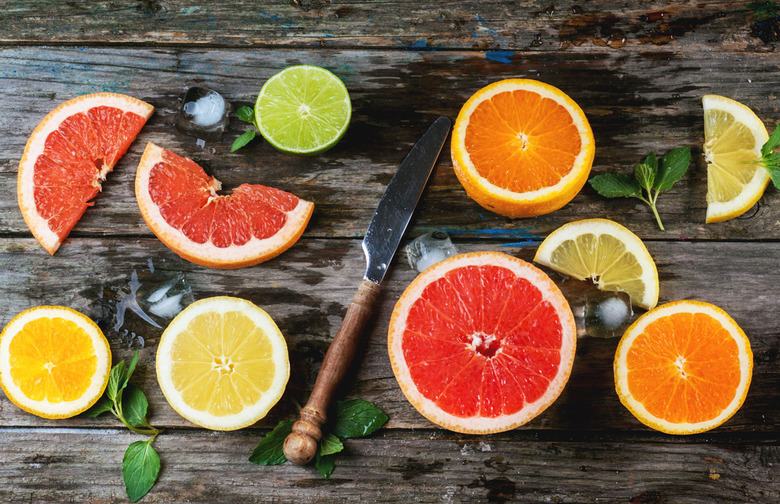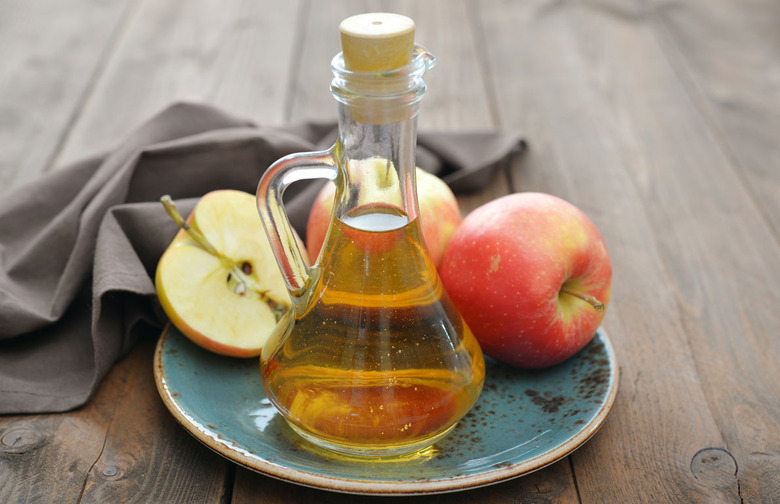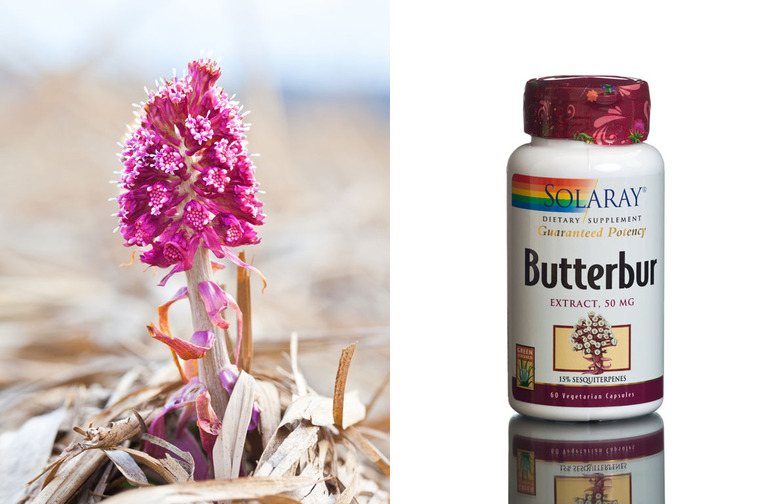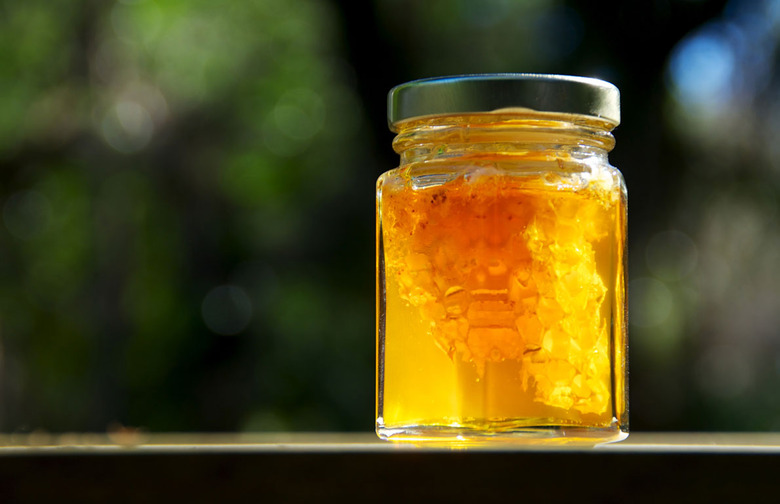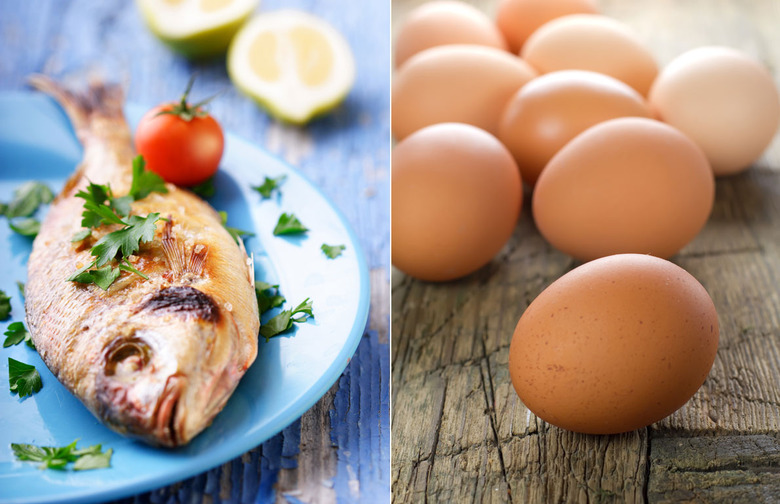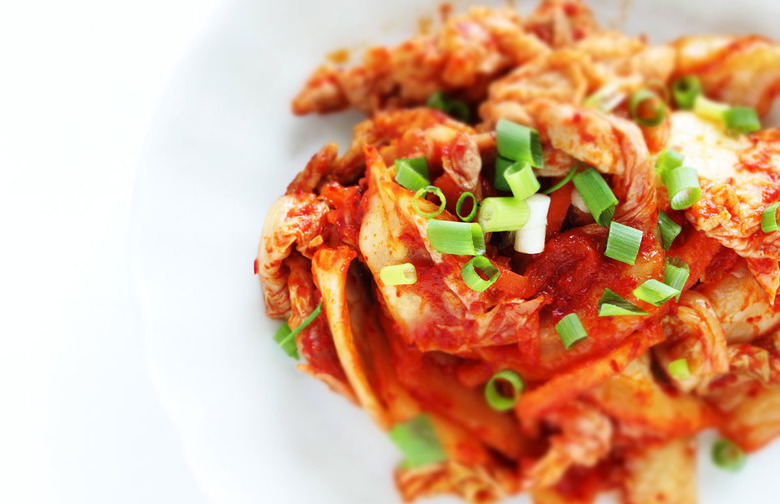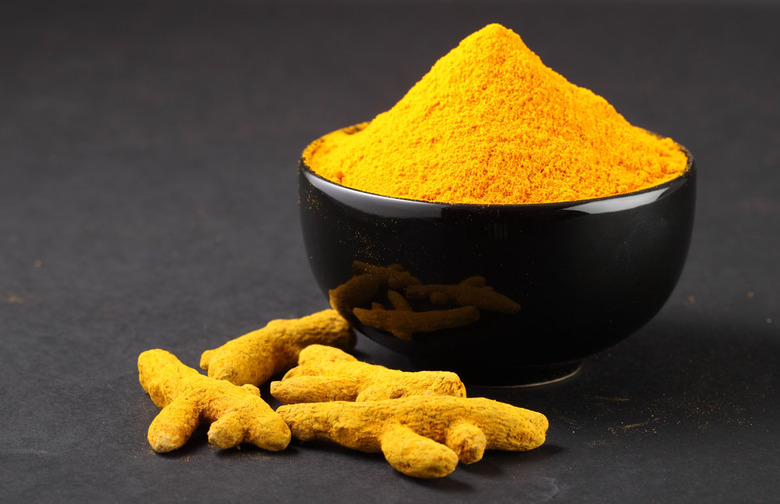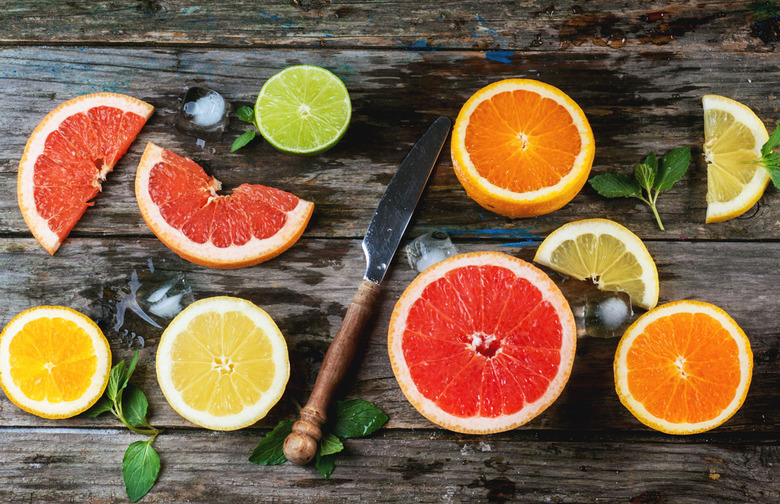Natural Remedies For Spring Allergies
The sun is shining, the mounds of snow are finally melting, and you're ready to take on spring and the outdoors. Except you can't, because every time you step outside you're subject to another sneezing fit and have to run back inside your air-filtered home. Try a natural approach to seasonal allergies and avoid the foggy head and sleepiness often associated with the over-the-counter meds. Click here for the full story.
Apple Cider Vinegar
Apple cider vinegar has been touted as a cure-all for everything from weight loss to acid reflux. According to experts, you can add allergies to that list. Drink 1 teaspoon mixed with about 2 cups of water to help boost your immune system and decrease your seasonal allergies.
Butterbur
Butterbur is an herb that has traditionally been used for headache relief and prevention, but may also help to protect against allergies like hay fever and allergy-related asthma. Butterbur can be found as a plant extract in pill or tea form.
Cut Back on Meat and Dairy
Vegetarian diets, or diets high in fruits and vegetables, may improve the immune system, whereas meat and dairy often trigger seasonal allergies.
Honey and Bee Pollen
Although this method doesn't have scientific backing, consuming raw, local honey or bee pollen may help battle seasonal allergies. Exposing yourself to small doses of local honey is thought to desensitize your immune system over time. Be sure to buy the most locally sourced honey that you can find, so that the pollen is similar to what's floating around in your neighborhood.
Limit Alcohol Intake
Alcohol, like beer, wine, and liquor, contains histamines, which may trigger seasonal allergies. It's best to limit your alcohol consumption and steer clear of red wine, which has the strongest effect on the immune system.
Omega-3 Fatty Acids
Omega-3 deficiencies have been linked to an increased risk of allergies. Eat foods like eggs, oily fish, flax, and chia seeds for lots of these good fats.
Probiotics
Probiotics are good bacteria that contain live and active cultures, which have multiple health benefits. They improve stomach health and fight seasonal allergies. You can find probiotic supplements at health food stores; it also occurs naturally in fermented food like kimchi, sauerkraut, and yogurt.
Turmeric
Turmeric gives curry powder its classic bright color, and is used in traditional medicine for its antibacterial and anti-inflammatory properties, which can alleviate allergy symptoms.
Vitamin C
Vitamin C is a natural antihistamine, so stock up on foods packed with the stuff, like broccoli, oranges, grapefruit, lemons, and limes. You'll want to consume about 500 mg of vitamin C a day.
